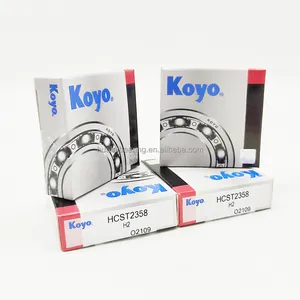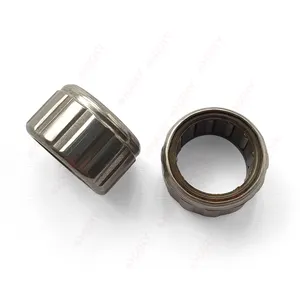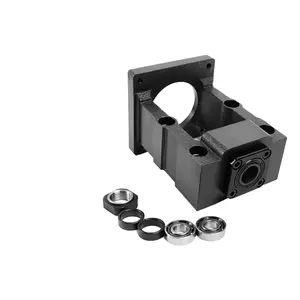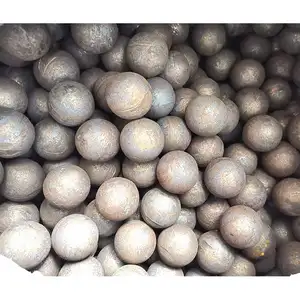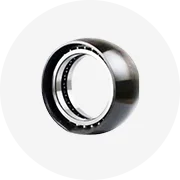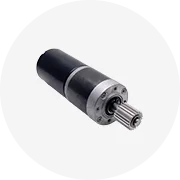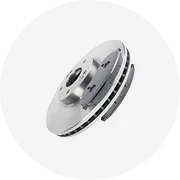Popular in your industry
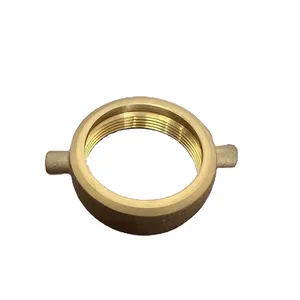





































































Related Searches:






















































































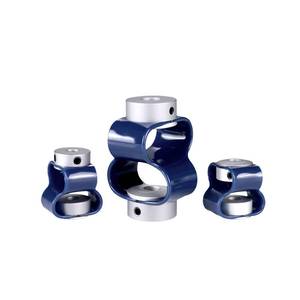






























Top categories
About flexible coupling for encoder
Understanding Flexible Coupling for Encoder
Encoders are critical components in modern machinery, requiring precise motion control and feedback. A flexible coupling for encoder plays a pivotal role in ensuring the encoder's accuracy and longevity. This category encompasses a variety of couplings designed to connect encoder shafts to rotating systems, accommodating misalignments and reducing stress on the encoder bearings.
Types of Encoder Couplings
Diverse applications necessitate different types of encoder couplings. Aluminium encoder coupling options are popular due to their lightweight and corrosion-resistant properties, making them suitable for various industrial environments. For applications requiring robustness, steel couplings are often employed. In scenarios where space is constrained, an encoder coupling 8mm in diameter can provide a compact solution without compromising performance.
Applications and Features
Encoder couplings are integral in applications ranging from CNC machines to robotic arms. They must accommodate angular, radial, and axial misalignments. Features such as electrical isolation and vibration reduction are also critical, which is where materials like stainless steel and polymeric compounds come into play. These materials ensure durability and consistent performance in demanding operational conditions.
Advantages of Flexible Encoder Couplings
The use of a flexible coupling encoder system offers several advantages. By design, these couplings minimize the wear and tear on encoder bearings, extending the service life of the encoder. Magnetic coupling options further enhance this by reducing physical contact between moving parts, leading to quieter operation and simplified maintenance.
Materials and Construction
Construction materials for encoder couplings are chosen based on the application's specific needs. For instance, magnetic shaft coupling components often feature steel with zinc-plated hubs to resist corrosion. The choice of material impacts the coupling's performance, especially in terms of torque capacity and resistance to environmental factors.
Selecting the Right Encoder Coupling
Choosing the correct flexible coupling for encoder is crucial for optimal system performance. Factors to consider include the type of encoder, the required torque, and the degree of misalignment. A well-selected coupling ensures that the encoder functions accurately, thereby maintaining the integrity of the entire control system.


